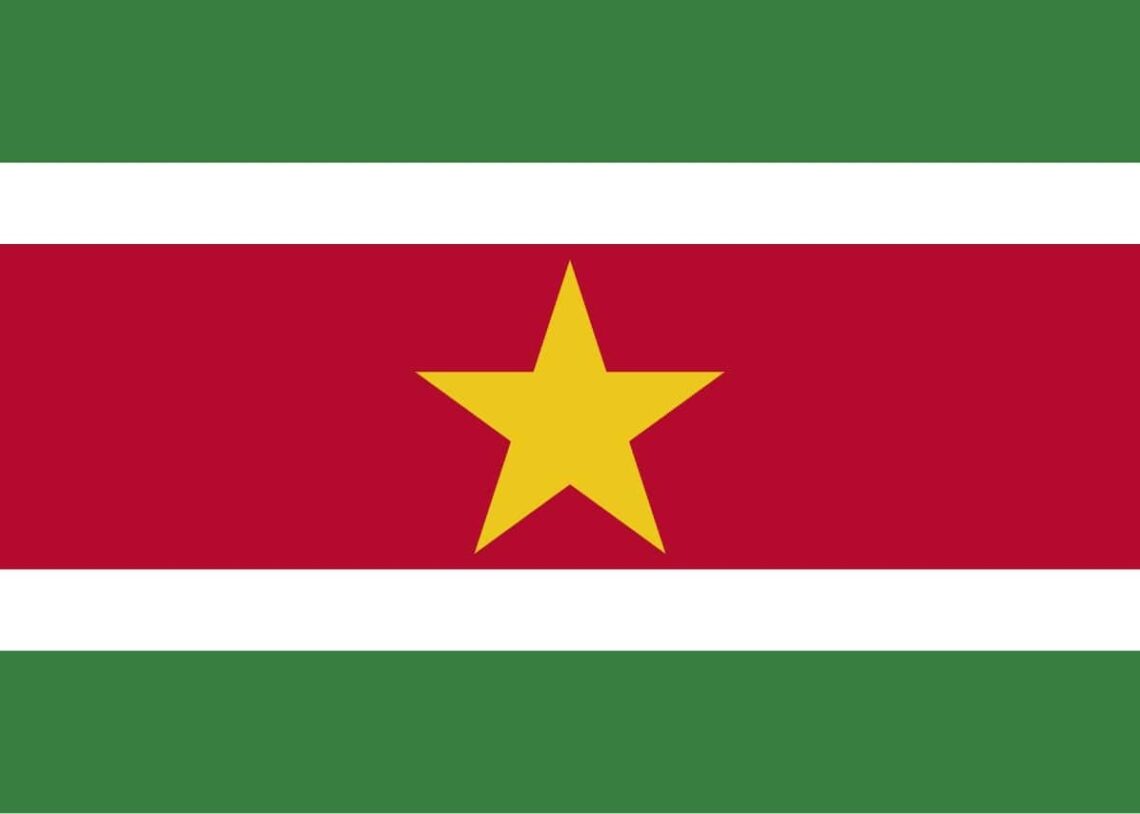Legal proceedings often require the delivery of important legal documents to involved parties in a timely and reliable manner. This step is known as process service, and it ensures due process is upheld. When serving documents abroad, especially in countries like Suriname, understanding local laws, international conventions, and proper procedures becomes critical. For parties involved in litigation with links to Suriname, hiring a qualified process server in Suriname is essential for efficient and lawful document delivery.
In this article, we will provide a detailed overview of process service in Suriname. We’ll cover its legal landscape, available methods, challenges, and why hiring a professional process server in Suriname through Process Server Corporation is the most reliable option.
Overview of Suriname’s Legal System
Suriname, located on the northeastern coast of South America, operates under a legal system primarily based on Dutch civil law traditions. The country gained independence from the Netherlands in 1975, but many of its legal frameworks remain influenced by Dutch jurisprudence.
The Surinamese judiciary is composed of the Constitutional Court, the Court of Justice (the highest court), and various lower courts. Legal processes, including service of process, must comply with procedural requirements to ensure enforceability and fairness.
Internationally, Suriname is not a member of the 1965 Hague Service Convention, which significantly impacts how foreign legal documents are served within its territory. This means litigants from the United States or other countries that rely on the Hague Convention must turn to alternative methods for process service.
Why Process Service in Suriname Requires Special Handling
Since Suriname is not a signatory to the Hague Service Convention, international service of process must follow non-conventional routes. This presents challenges including:
- Lack of centralized authority to receive foreign legal documents.
- Incompatibility with standardized forms used under the Hague Convention.
- Language barriers, as Dutch is the official language of Suriname.
- Limited access to digital legal infrastructure for tracking service.
- Local procedures that may differ substantially from common law practices.
To address these challenges, engaging a professional process server in Suriname with local knowledge and international expertise is imperative.
Methods of Process Service in Suriname
There are several methods available for serving legal documents in Suriname. The appropriate method depends on the jurisdiction from which the documents originate and the purpose of the service.
1. Service via Letters Rogatory
This is the formal diplomatic method often used when a country is not a member of the Hague Convention. A U.S. court, for example, will issue a request (a “Letter Rogatory”) to the Surinamese judiciary asking for assistance in serving documents.
- Pros: Legally recognized and court-approved.
- Cons: Slow process (may take 6–12 months); expensive and complex.
2. Private Process Servers
This is the fastest and most efficient method for document service in Suriname. Hiring a process server in Suriname ensures:
- Direct, local delivery of documents.
- Adherence to Surinamese legal standards.
- Proper documentation of service, including affidavits or proof of service.
- Communication in local language.
Process Server Corporation provides reliable, on-the-ground process servers in Suriname who understand local customs and legal procedures.
3. Service via Mail or Courier
Although not always legally sufficient in every jurisdiction, service via international registered mail or courier (e.g., DHL, FedEx) can sometimes be used to demonstrate an attempt at service.
- Pros: Cost-effective and trackable.
- Cons: May be rejected by courts for lacking proof of proper delivery and personal service.
Steps for Successful International Service of Process in Suriname
To ensure legal documents are properly served in Suriname, follow these recommended steps:
Step 1: Determine Legal Requirements
Understand whether the court in your jurisdiction accepts service through private channels, letters rogatory, or mail. Consult with legal counsel to avoid procedural errors.
Step 2: Translate Documents
All documents must be translated into Dutch, Suriname’s official language. This includes summonses, complaints, and any attachments. Hiring a certified legal translator is advisable.
Step 3: Hire a Qualified Process Server in Suriname
Choose a professional process server familiar with the legal requirements of both the originating country and Suriname. Process Server Corporation offers vetted, local experts capable of completing the job efficiently and lawfully.
Step 4: Obtain Proof of Service
Whether an affidavit, declaration, or sworn statement, the document must clearly show how, when, and to whom the documents were served. Courts rely on this to validate the legitimacy of service.
Common Challenges in Suriname Process Service
1. Inaccessible Addresses
Many areas in Suriname, particularly outside the capital Paramaribo, may lack precise street addressing or standardized postal systems. A local process server in Suriname is invaluable in navigating these logistical hurdles.
2. Language and Documentation Issues
Failure to translate documents or use proper formatting can lead to rejection of service. Inaccurate translations may also create grounds for appeal or dismissal.
3. Cultural and Legal Barriers
Cultural norms regarding legal documents and interactions with foreign entities can complicate service. Local process servers understand how to handle sensitive situations without escalating conflicts.
4. Delay in Judicial Cooperation
If relying on diplomatic channels such as Letters Rogatory, expect long delays. Governments may prioritize internal cases over foreign requests, leading to bottlenecks in legal proceedings.
Benefits of Using Process Server Corporation in Suriname
Process Server Corporation brings years of experience in international process service. When you need a dependable process server in Suriname, we ensure compliance, accuracy, and speed.
Our advantages include:
- Local Expertise: On-ground servers with deep knowledge of Suriname’s geography and legal culture.
- Global Network: Coordination with international legal teams and U.S. courts.
- Bilingual Service: All documents translated and delivered in Dutch where required.
- Certified Proof of Service: Legally valid affidavits, notarized where needed.
- Fast Turnaround: We complete most services faster than diplomatic or postal methods.
Conclusion
Serving legal documents in Suriname is a nuanced process requiring careful attention to local laws, international conventions, and procedural integrity. Due to Suriname’s non-participation in the Hague Service Convention, litigants must turn to alternate service options such as Letters Rogatory or, preferably, private service.
By hiring a professional process server in Suriname, you can avoid delays, ensure compliance, and secure proper documentation for your case. Process Server Corporation stands ready to assist you with expert legal support, local knowledge, and international reach.
Call to Action
If you need dependable, professional service of process in Suriname, trust the experts at Process Server Corporation. Our team of skilled local agents ensures timely, lawful delivery of your legal documents—whether you’re serving an individual, company, or government agency.
📞 Call us today at (800) 845-6093
🌐 Visit our website: https://processservercorp.com/
💼 Let Process Server Corporation be your trusted partner for international litigation success.
Click Here to Submit Your Process Service Assignment Now
Disclaimer: This article provides general information and should not be construed as legal advice. For specific situations involving international service of process, please consult with qualified legal counsel familiar with both the relevant jurisdictions and current treaty statuses.





